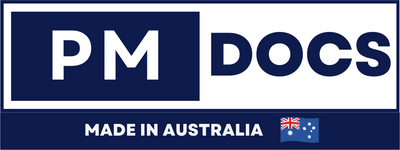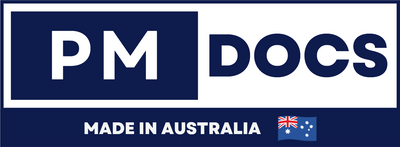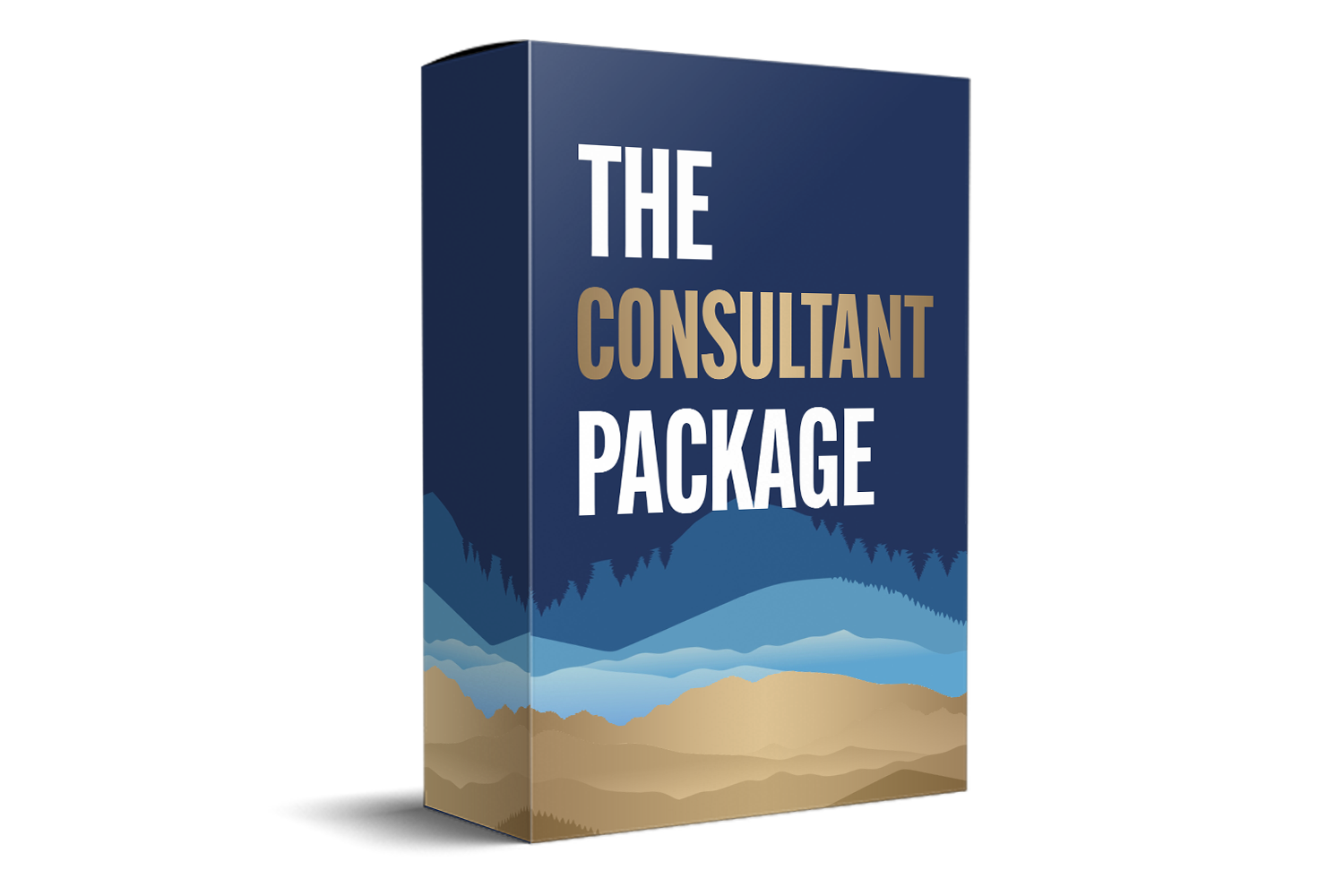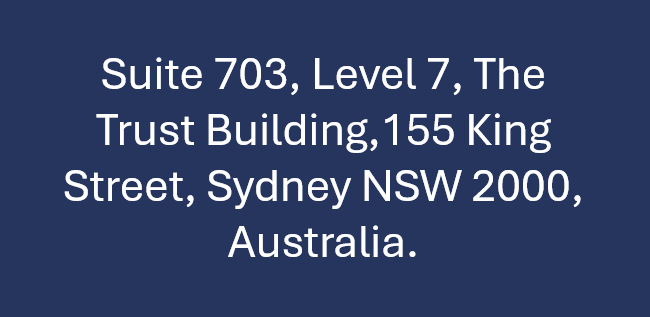AI Governance Toolkit For Consultants In Australia
Introduction
Artificial Intelligence (AI) is rapidly transforming industries across the globe, and Australia is no exception. As AI becomes more integrated into business processes, the need for effective governance is paramount. For consultants working in this space, understanding and managing AI risks while ensuring compliance is essential. This article introduces an AI governance toolkit specifically designed for consultants in Australia, providing practical insights and tools for effective AI risk management and compliance.

Understanding AI Governance
AI governance refers to the framework of policies, regulations, and best practices that guide the ethical and responsible use of AI technologies. It encompasses various aspects, including risk management, compliance, transparency, accountability, and ethical considerations. Effective AI governance ensures that AI systems are aligned with societal values and legal requirements, minimizing potential risks and maximizing benefits.
1. The Importance of AI Risk Management
AI risk management involves identifying, assessing, and mitigating potential risks associated with AI systems. These risks can include biases in algorithms, data privacy concerns, security vulnerabilities, and unintended consequences of AI decisions. Proper risk management is crucial to maintaining trust and ensuring the safe deployment of AI technologies.
2. Compliance in the AI Landscape
Compliance in AI governance involves adhering to legal and regulatory requirements governing AI use. This includes data protection laws, industry-specific regulations, and ethical guidelines. Staying compliant ensures that AI systems operate within the boundaries of the law and ethical standards, protecting both organizations and individuals.
Key Components Of An AI Governance Toolkit
An effective AI governance toolkit for consultants should include several key components that address risk management, compliance, and ethical considerations. Here are some essential elements to consider:
1. Risk Assessment Tools
Risk assessment tools help consultants identify and evaluate potential risks associated with AI systems. These tools can range from checklists and questionnaires to sophisticated software solutions that analyze AI models for biases, data privacy issues, and security vulnerabilities. By conducting thorough risk assessments, consultants can develop strategies to mitigate identified risks effectively.
2. Compliance Frameworks
Compliance frameworks provide guidelines and best practices for ensuring AI systems meet legal and regulatory requirements. These frameworks may include industry-specific regulations, such as those governing healthcare or finance, as well as general data protection laws. Consultants can use these frameworks to develop compliance strategies tailored to their clients' needs, ensuring that AI deployments align with legal obligations.
3. Ethical Guidelines
Ethical guidelines play a crucial role in AI governance, ensuring that AI systems are developed and used responsibly. These guidelines address issues such as fairness, transparency, accountability, and the impact of AI on society. Consultants can use ethical guidelines to advise clients on developing AI systems that uphold ethical standards and contribute positively to society.
4. Monitoring and Auditing Tools
Monitoring and auditing tools are essential for ongoing AI governance, allowing consultants to track AI system performance, identify emerging risks, and ensure compliance. These tools can include automated monitoring solutions that continuously assess AI models for biases and performance issues, as well as auditing processes that evaluate compliance with regulatory requirements.
Implementing The AI Governance Toolkit In Australia
Implementing an AI governance toolkit in Australia requires understanding the local regulatory landscape and tailoring the toolkit to meet specific industry needs. Here are some steps consultants can take to effectively implement AI governance in Australia:
1. Understanding Local Regulations
Consultants must familiarize themselves with Australian regulations governing AI use, including data protection laws such as the Privacy Act 1988 and industry-specific regulations. Understanding these regulations is crucial for developing compliance strategies that align with local legal requirements.
2. Customizing the Toolkit for Industry Needs
Different industries may have unique requirements and challenges when it comes to AI governance. Consultants should customize the AI governance toolkit to address industry-specific risks and compliance needs, ensuring that AI systems align with sector-specific regulations and best practices.
3. Providing Training and Support
To ensure successful implementation of the AI governance toolkit, consultants should provide training and support to clients. This includes educating clients on AI governance principles, risk management strategies, and compliance requirements. Ongoing support can help clients navigate the complexities of AI governance and maintain compliance over time.
Case Studies: AI Governance In Action
1. Financial Services Industry
In the financial services industry, AI is used for tasks such as fraud detection and credit scoring. Effective AI governance in this sector involves ensuring compliance with financial regulations and addressing biases in AI models. Consultants can use the AI governance toolkit to help financial institutions develop risk management strategies and adhere to compliance requirements.
2. Healthcare Sector
AI is increasingly used in healthcare for diagnostic and treatment purposes. In this sector, AI governance focuses on ensuring data privacy, accuracy, and ethical considerations. Consultants can assist healthcare organizations in implementing AI governance frameworks that prioritize patient safety and comply with healthcare regulations.
Conclusion
AI governance is an essential aspect of responsible AI deployment, ensuring that AI systems are used ethically, safely, and in compliance with legal requirements. For consultants in Australia, an AI governance toolkit provides the necessary tools and insights to manage AI risks effectively and ensure compliance. By understanding local regulations, customizing the toolkit for industry needs, and providing ongoing support, consultants can help organizations navigate the complexities of AI governance and harness the full potential of AI technologies responsibly.




